Iran to hold nuclear talks with France, Germany and UK on Nov.29
 The flag of Iran flutters in the wind outside of the IAEA headquarters during the International Atomic Energy Agency IAEA's Board of Governors meeting at the agency's headquarters in Vienna, Austria, on November 20, 2024. (AFP Photo)
The flag of Iran flutters in the wind outside of the IAEA headquarters during the International Atomic Energy Agency IAEA's Board of Governors meeting at the agency's headquarters in Vienna, Austria, on November 20, 2024. (AFP Photo)
Iran announced it will engage in nuclear talks with France, Germany and the United Kingdom on Friday, days after a United Nations atomic watchdog resolution criticized its cooperation on nuclear issues.
Venue, agenda
According to Iran’s Foreign Ministry spokesperson Esmaeil Baghaei, the meeting will also touch on topics such as the Palestinian and Lebanese issues. The upcoming dialogue follows similar discussions held in September during the U.N. General Assembly in New York.
The Swiss foreign ministry has not confirmed hosting the event but directed inquiries to the involved nations.
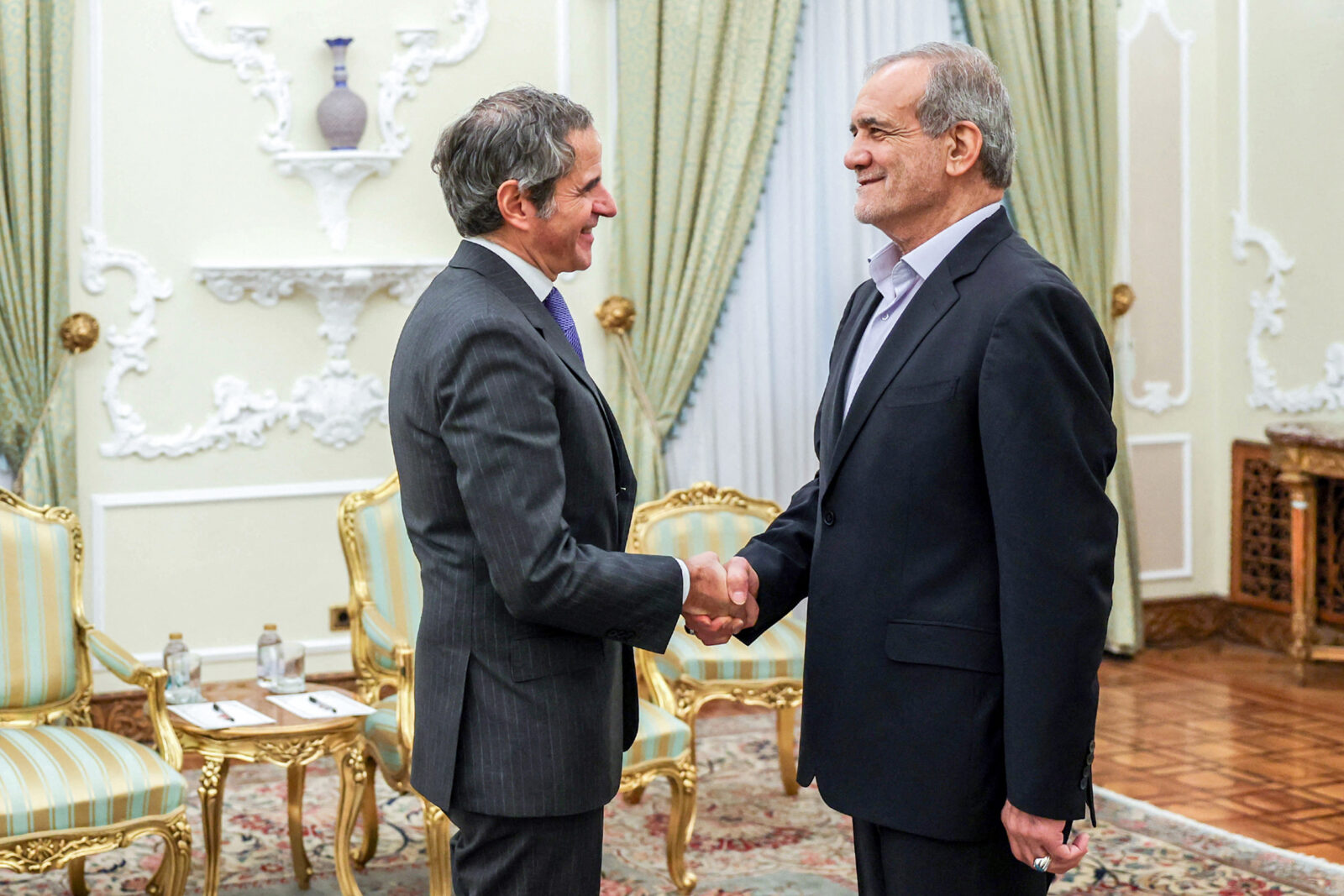
UN resolution sparks response
The International Atomic Energy Agency (IAEA) passed a resolution on Thursday, criticizing Iran’s lack of transparency in its nuclear program. This came after IAEA Director General Rafael Grossi’s recent visit to Tehran, where progress was reportedly made, including an agreement to cap Iran’s uranium enrichment at 60%.
In response, Iran activated advanced centrifuges to expand uranium enrichment capacity. Behrouz Kamalvandi, spokesperson for Iran’s Atomic Energy Organization, said the move significantly increases enrichment output while reiterating Iran’s commitment to technical cooperation with the IAEA.
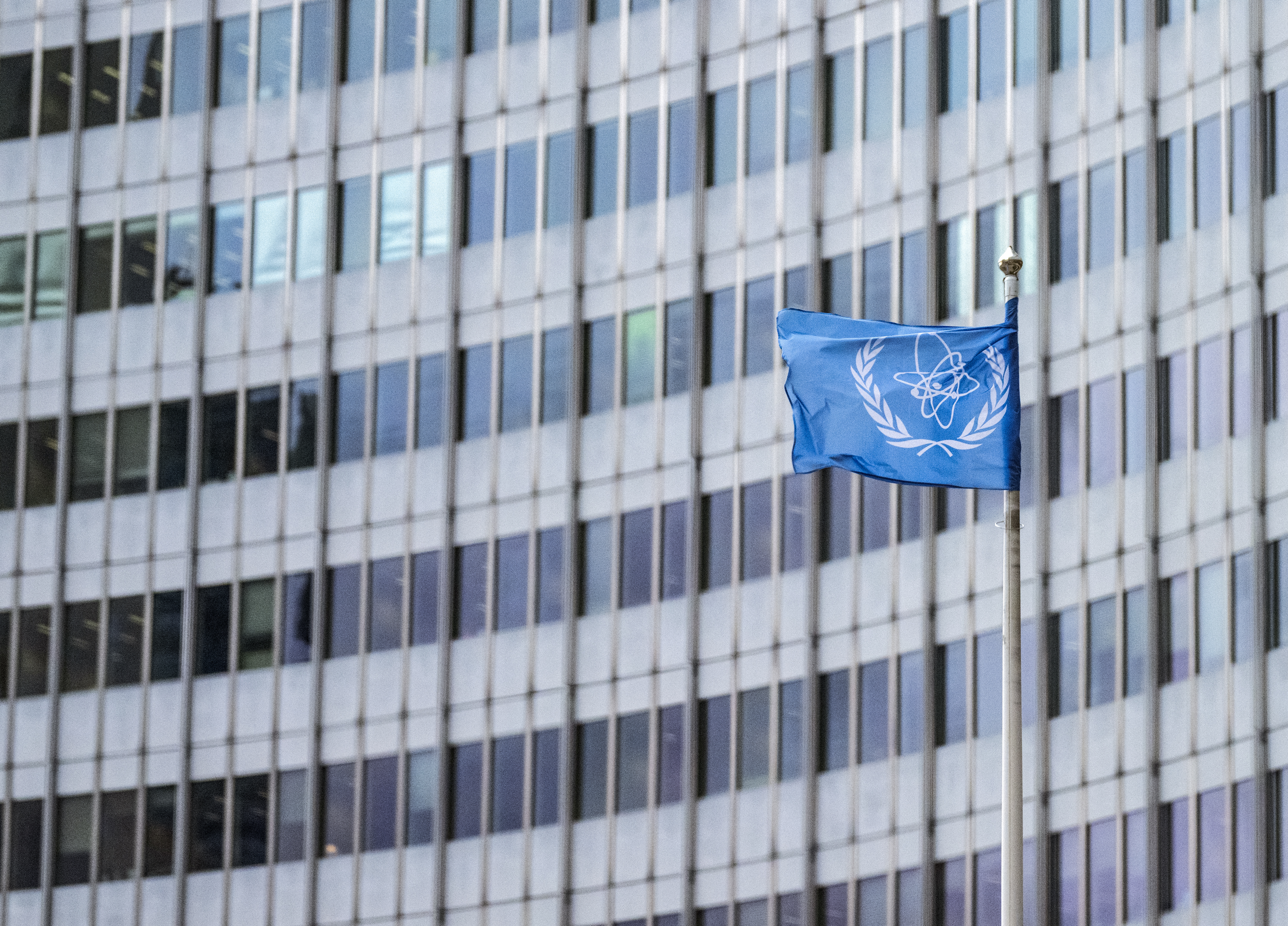
Historical context of Iran’s nuclear program
Iran’s nuclear program has been under scrutiny since the 2015 Joint Comprehensive Plan of Action (JCPOA), which offered sanctions relief for restrictions on uranium enrichment.
The United States withdrew from the accord in 2018 under then-President Donald Trump, prompting Iran to escalate enrichment activities and restrict access for U.N. inspectors.
Efforts to revive the JCPOA under President Joe Biden have stalled, while Iran insists diplomacy remains its preferred resolution pathway.
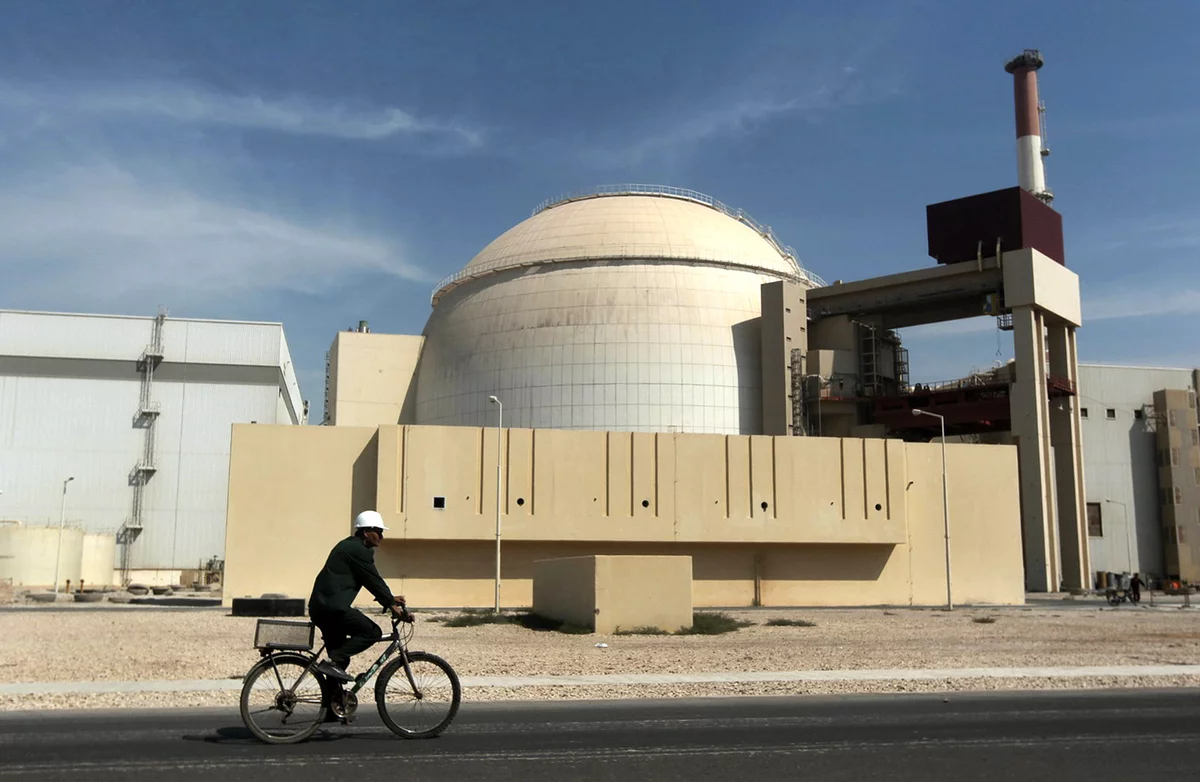
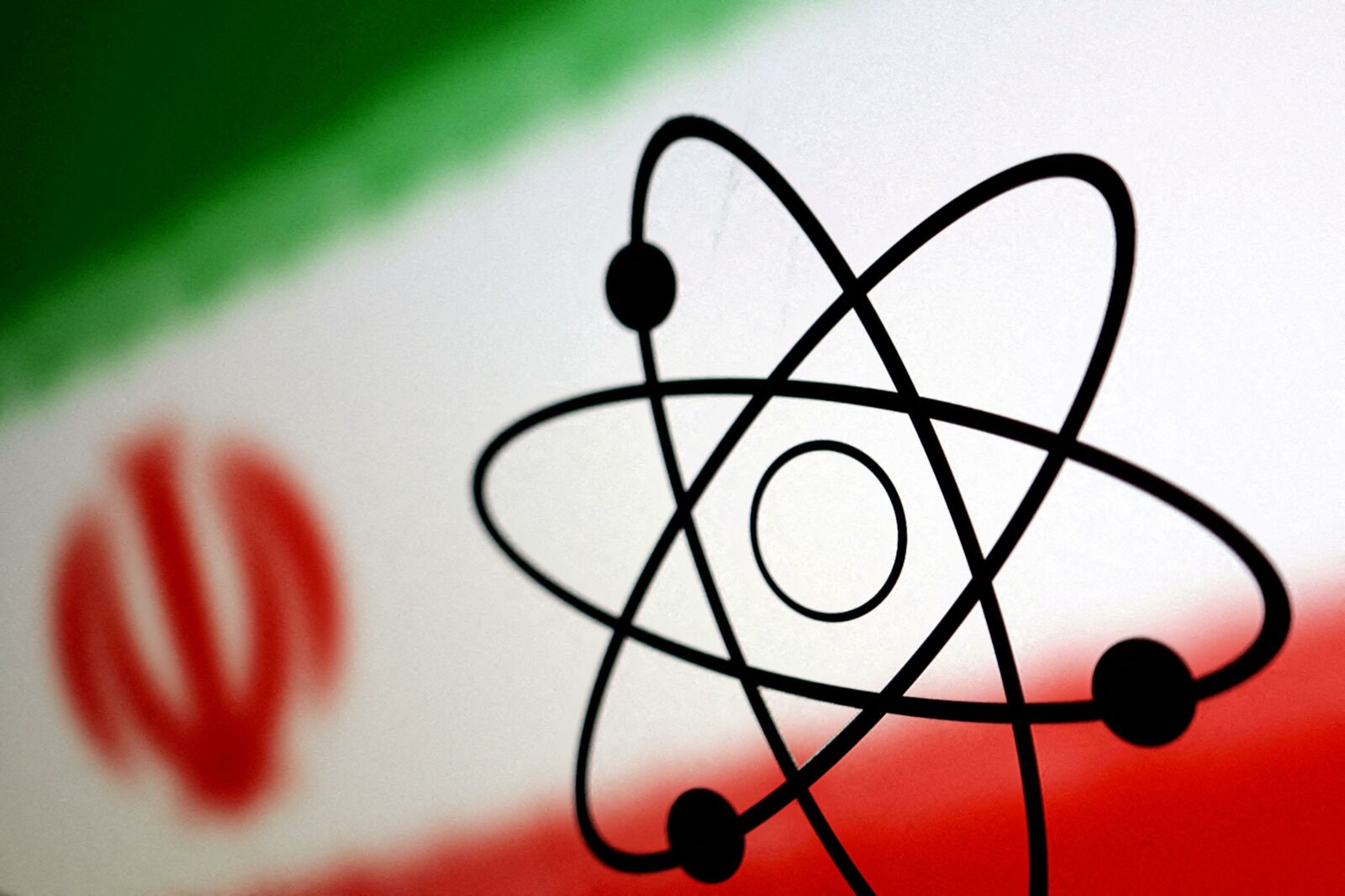
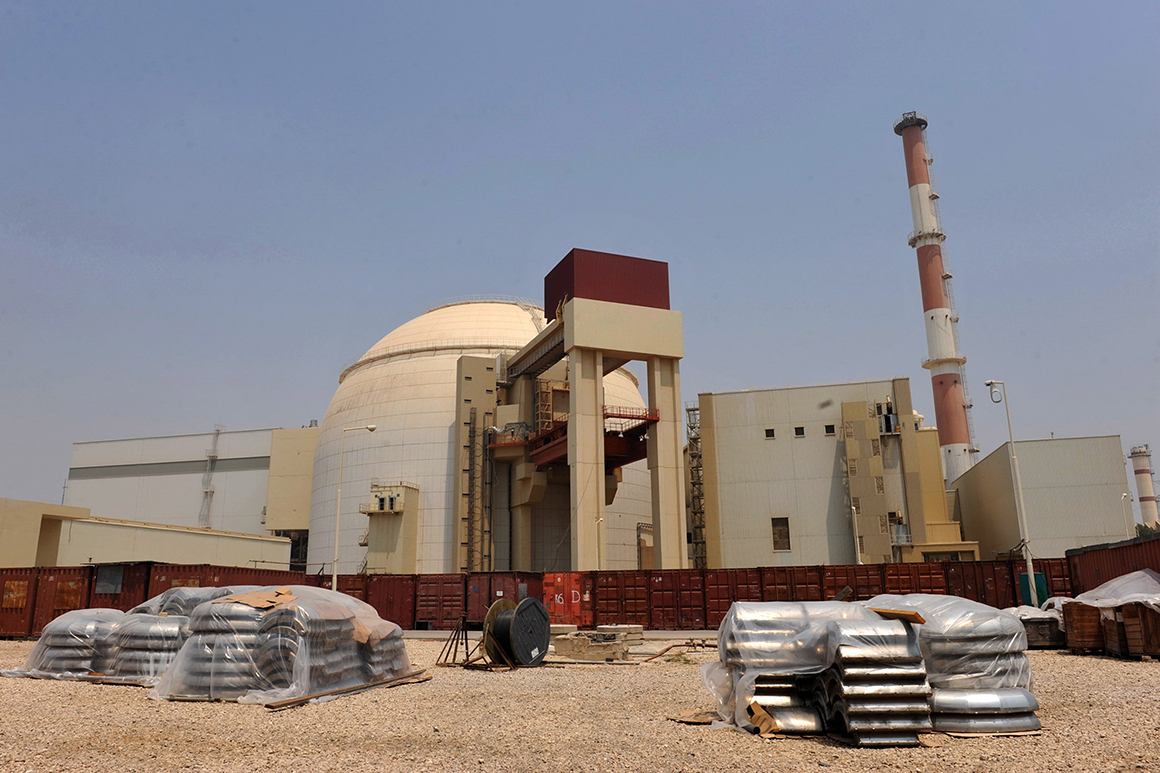
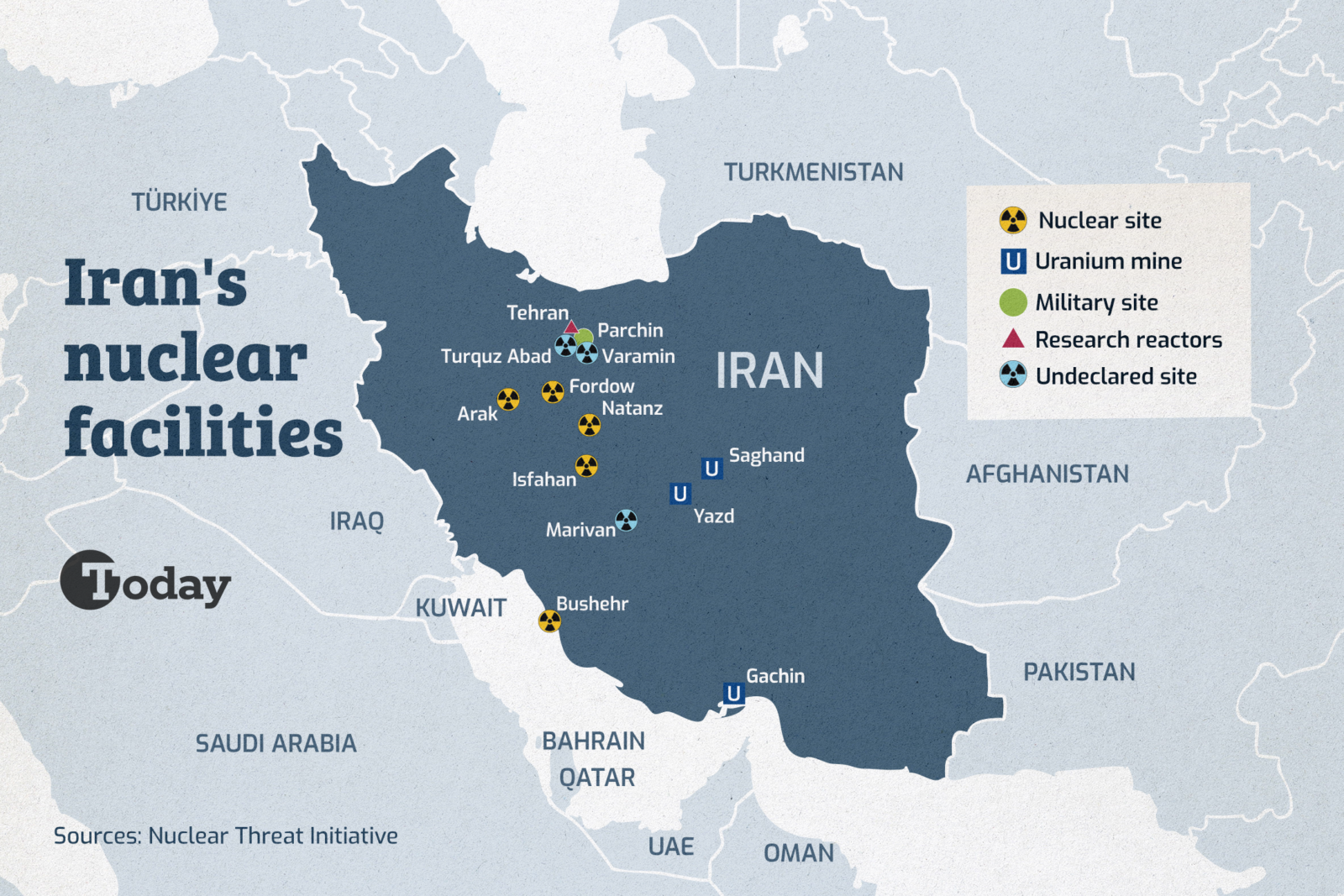
Focus on upcoming talks
Iranian President Masoud Pezeshkian, a proponent of diplomatic engagement, said his government seeks to address ambiguities surrounding its nuclear activities.
The meeting’s outcome is seen as a critical step in reducing tensions and paving the way for future agreements.



